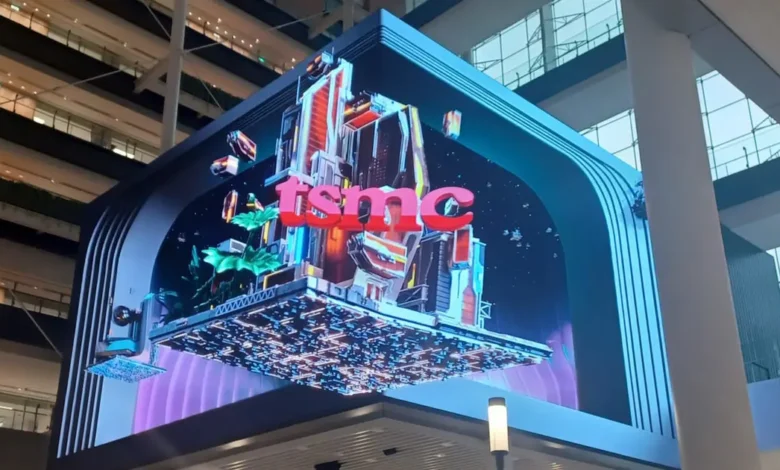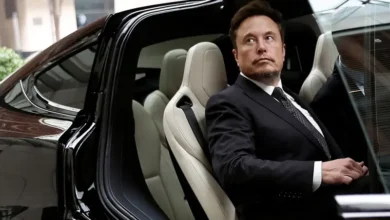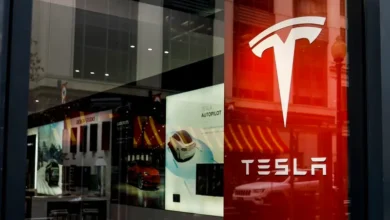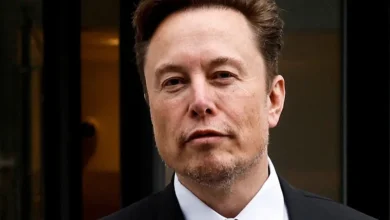Taiwan’s chip firm TSMC approves $3.8 bln investment for Germany plant

Taiwanese chip giant TSMC said on Tuesday that its board had approved a $3.8 billion investment in a planned factory in Germany, as well as a capital injection of $4.5 billion for a plant being built in Arizona.
Taiwan Semiconductor Manufacturing Company (TSMC) controls more than half of the world’s output of the advanced microchips that power everything from coffee machines to cruise missiles.
In a statement, the company said its board “approved an equity investment of not more than $3.8 billion (€3,499.93 million) to a TSMC-majority-owned subsidiary, European Semiconductor Manufacturing Company (ESMC) GmbH, in Germany to provide foundry services.”
It added that they had also approved a capital injection of “not more than $4.5 billion to TSMC Arizona” in the United States.
The additional investment in the long-awaited Arizona plant comes a few weeks after TSMC reported that the start of production at the facility would be pushed to 2025.
The planned joint venture in Dresden, Germany, will be operated and 70 percent owned by TSMC, and will have a monthly production capacity of 40,000 300mm (12-inch) silicon wafers, according to a joint statement issued by TSMC and Germany companies Bosch, Infineon, and NXP.
It will create about 2,000 direct jobs, it said.
“This investment in Dresden demonstrates TSMC’s commitment to serving our customers’ strategic capacity and technology needs, and we are excited at this opportunity to deepen our long-standing partnership with Bosch, Infineon, and NXP,” said TSMC CEO C.C. Wei.
“Europe is a highly promising place for semiconductor innovation, particularly in the automotive and industrial fields, and we look forward to bringing those innovations to life on our advanced silicon technology with the talent in Europe.”
The TSMC factory will be the latest semiconductor project to be unveiled in Germany, part of a broader European drive to boost semiconductor manufacturing.
But the German chip drive faces numerous challenges, ranging from high energy prices following Russia’s invasion of Ukraine to shortages of skilled workers.










